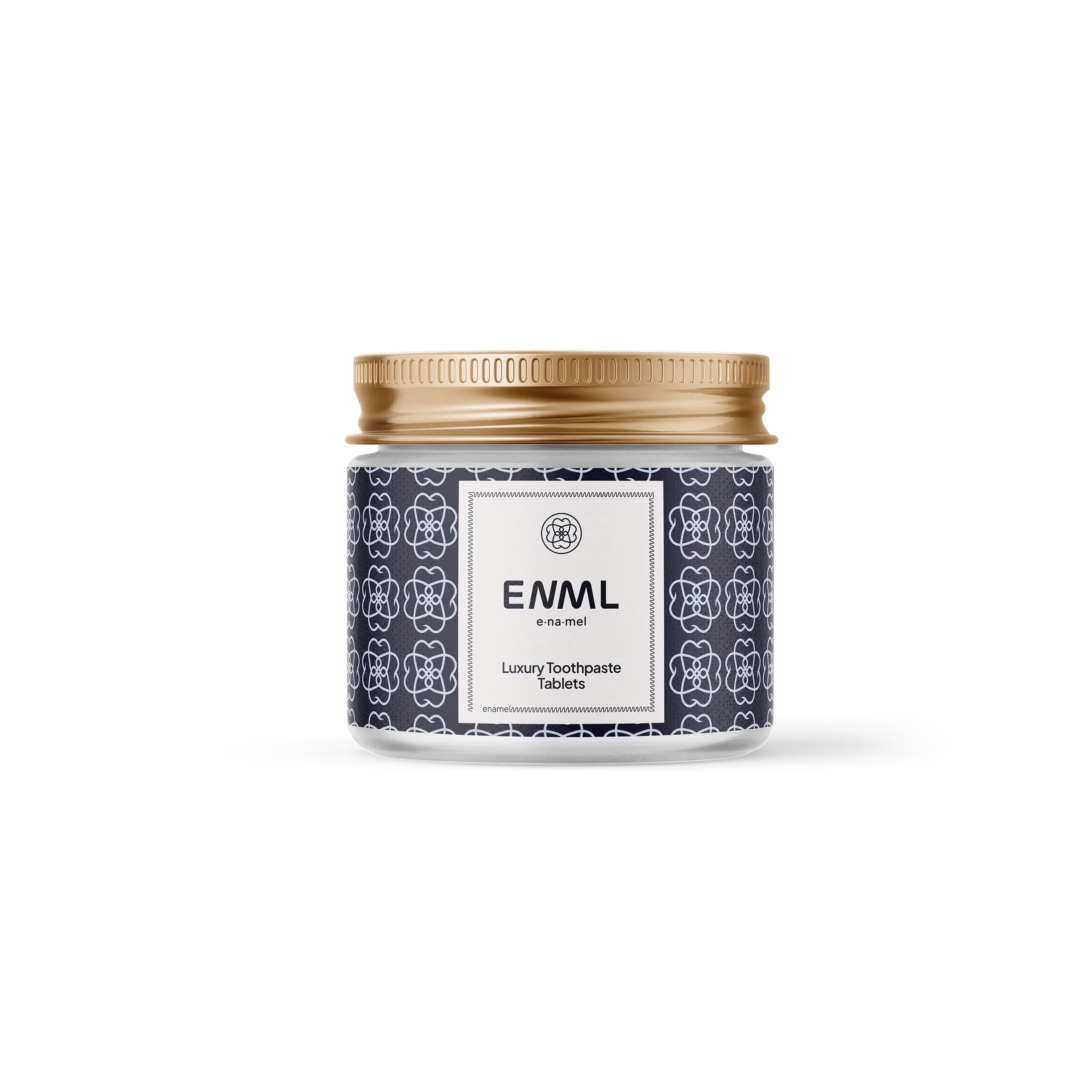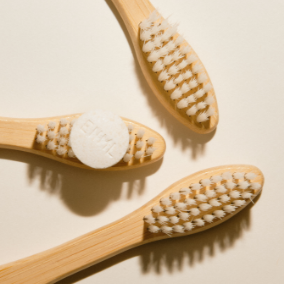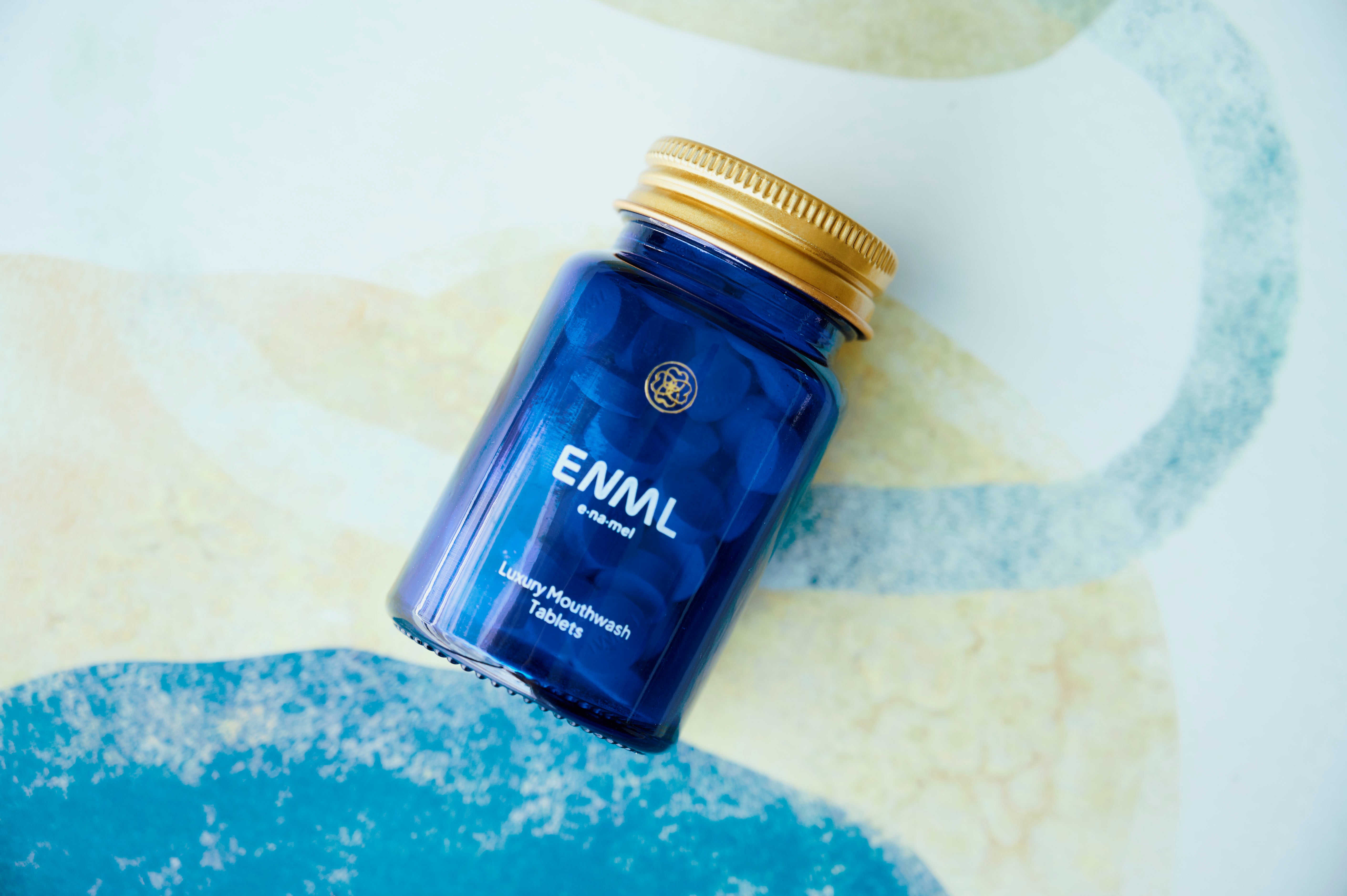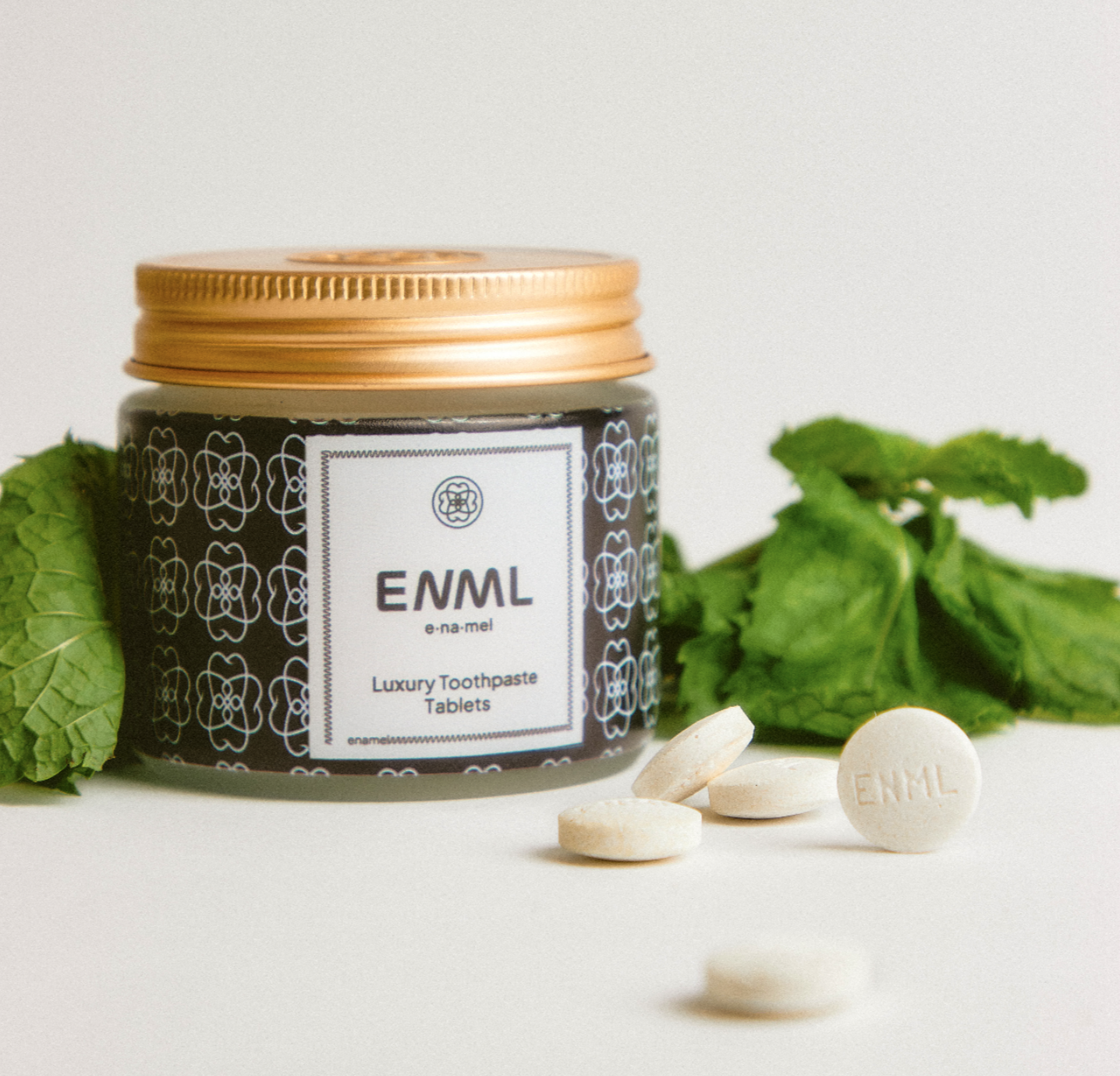Flossing is a cornerstone of oral hygiene, yet many people struggle to make it a regular habit. For those looking to incorporate flossing into their daily routine, understanding the best time to floss can make a significant difference. Dr. Jordan Harper emphasizes the importance of nighttime flossing as the most critical step in maintaining optimal oral health.
Throughout the day, food particles and plaque accumulate between the teeth, creating a breeding ground for bacteria. While brushing is essential, it cannot reach the tight spaces between teeth. Nighttime flossing ensures these particles are removed, preventing decay and gum disease. In this blog, we’ll explore why flossing at night is so impactful, how it fits into your oral care routine, and how to make it a sustainable habit.
Why Nighttime Flossing is Essential
Flossing once a day is a great start, but the timing matters. Nighttime flossing holds particular importance because it addresses the food debris and biofilms that build up throughout the day. During sleep, your saliva production decreases, making it harder for your mouth to naturally cleanse itself. This creates an ideal environment for bacteria to thrive, leading to cavities, gum inflammation, and bad breath.
By flossing at night, you disrupt this bacterial activity, giving your teeth and gums a clean slate to recover and stay healthy. For individuals with heavy tartar buildup or periodontal concerns, nighttime flossing is even more critical. It’s a preventive measure that supports long-term oral health and reduces the need for frequent dental interventions.
💡 Related Post: Why Flossing Matters: The Truth Behind "Only Floss the Teeth You Want to Keep"
Key Questions and Answers
Why is nighttime flossing more effective than flossing at other times?
Flossing at night removes the day’s food particles and plaque buildup, preventing bacteria from acting on them overnight when saliva production is low.
Should I floss in the morning as well?
While not as critical as nighttime flossing, morning flossing can help remove biofilms and plaque that develop during sleep, especially for individuals prone to tartar buildup.
How can nighttime flossing benefit periodontal patients?
For those with gum disease or heavy tartar buildup, nighttime flossing minimizes bacteria and plaque, reducing the risk of inflammation and further complications.
What if I forget to floss at night?
If you miss a night, try to floss the following day, but remember that consistency is key. Establishing a nighttime habit is the best way to maintain oral health.
How can I make nighttime flossing easier?
Incorporate flossing into your bedtime routine, use tools like floss picks or water flossers, and keep your floss in a visible spot as a reminder.
Dos and Don’ts for Nighttime Flossing
Dos
-
Floss Before Brushing: This allows your toothbrush to clean areas where plaque and food particles were loosened.
-
Use the Right Tools: Consider water flossers or floss picks for easier access to hard-to-reach areas.
-
Be Gentle: Avoid snapping floss between your teeth to prevent gum irritation.
Don’ts
-
Skip Nights: Skipping flossing regularly can lead to plaque buildup and gum problems.
-
Rush the Process: Take your time to ensure each tooth is properly cleaned.
-
Use Old Floss: Always use a fresh piece of floss for every session.
Lifestyle Integration
Making nighttime flossing a habit requires a shift in your routine, but it doesn’t have to be difficult. Pair flossing with other bedtime rituals, such as washing your face or winding down with a podcast, to make it a seamless part of your evening.
For families, setting a group flossing challenge can motivate everyone to stick to the habit. ENML’s innovative oral care solutions, like their Mouthwash Tablets, can complement your flossing routine, offering a refreshing way to finish your nighttime care. The compact and eco-friendly design of these products makes them easy to incorporate into any lifestyle, ensuring your oral hygiene routine remains both effective and convenient.
Scientific Backing or Research Highlights
Studies consistently highlight the benefits of flossing, particularly at night. Research from the Journal of Clinical Periodontology shows that regular flossing can reduce plaque and gingivitis by up to 40% more than brushing alone. This is especially crucial at night when bacteria have an extended period to act on leftover food and plaque.
Additionally, saliva’s natural cleansing properties diminish during sleep, making nighttime flossing a critical step in preventing bacterial growth. Using advanced products like ENML’s Toothpaste Tablets, which contain microhydroxyapatite, provides an added layer of protection by remineralizing enamel and reducing sensitivity.
For individuals with periodontal concerns, studies demonstrate that combining flossing with regular dental check-ups can significantly slow the progression of gum disease, ensuring healthier gums and teeth over time.
Benefits of Nighttime Flossing
-
Plaque Removal: Eliminates plaque and debris that accumulate during the day.
-
Prevention of Gum Disease: Reduces the risk of gingivitis and periodontal issues.
-
Improved Freshness: Keeps your breath fresher by removing food particles.
-
Enhanced Oral Health: Complements brushing to maintain a healthier smile.
-
Better Sleep: Enjoy the peace of mind that comes with a clean mouth before bed.
Conclusion
Nighttime flossing is a simple yet powerful way to elevate your oral care routine. By addressing the food particles and plaque that build up throughout the day, you’re setting the stage for healthier teeth, fresher breath, and a radiant smile. Whether you’re a seasoned pro or new to flossing, committing to this habit can transform your oral health over time.
Make nighttime flossing even more effective by pairing it with ENML’s Mouthwash Tablets. Their refreshing formula complements your routine, ensuring your mouth feels clean and rejuvenated as you head to bed. Take the first step toward a healthier, happier smile today.
Transcript
What I typically will tell patients is, um, if you're only going to do it once a day, do it at night. That is the most critical because you've had food all throughout the day. Doing it in the morning is helpful too, because you do have those eight hours you're sleeping. You do have black biofilms that will develop and the floss can help remove those.
Um, especially if you're a heavy charter builder, I'm talking about you periodontal patients that need to be at the dentist every three months. Um, but that being said, uh, yeah, I think, you know, if you're going to just start adding it to your routine, switching up the routine, new year, new you type thing, start doing it at night.
Uh, that is the most important time because you do not want that food and food particles sitting between the teeth overnight.






